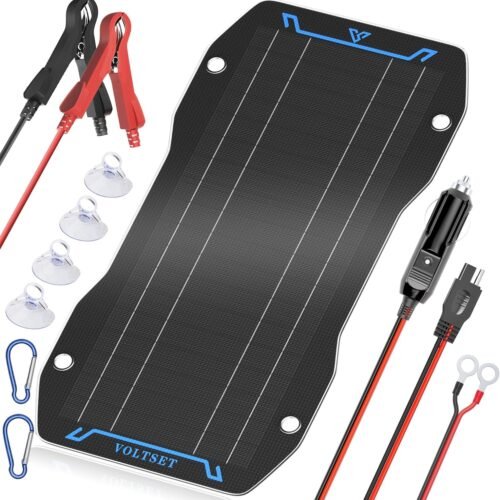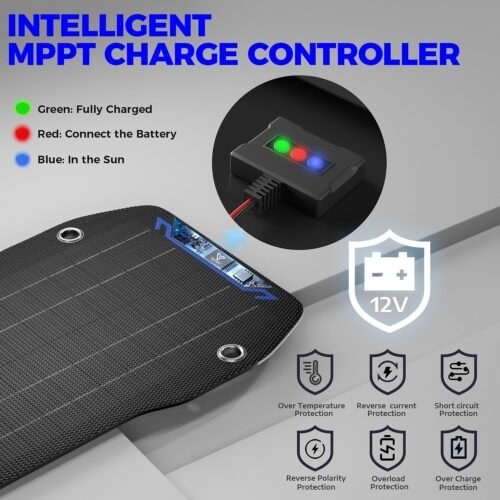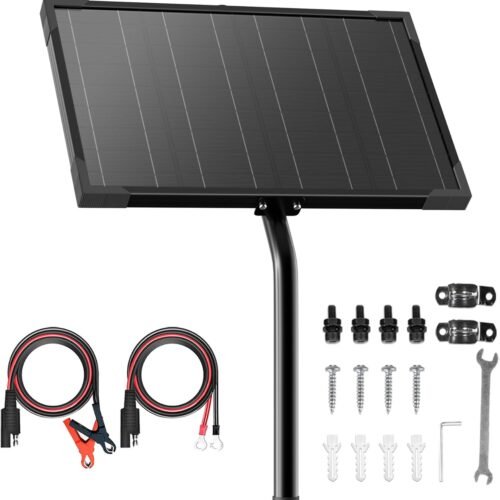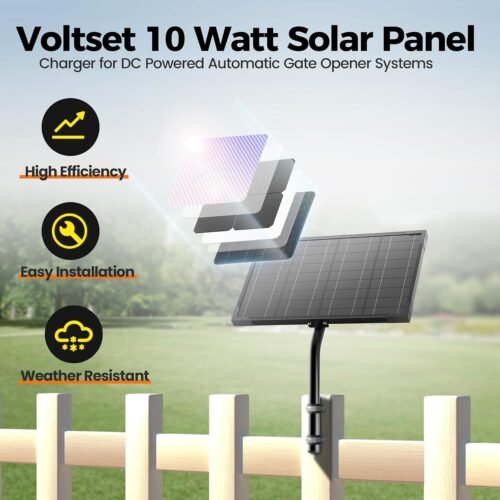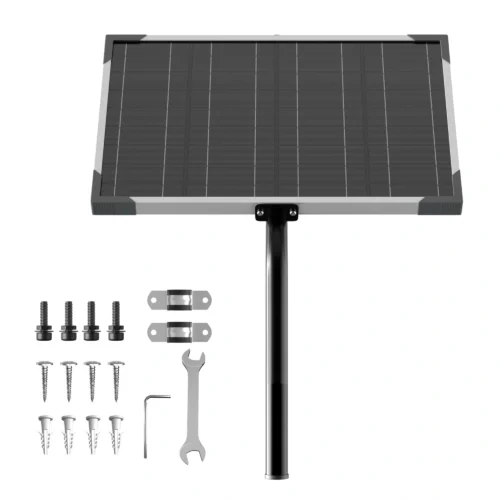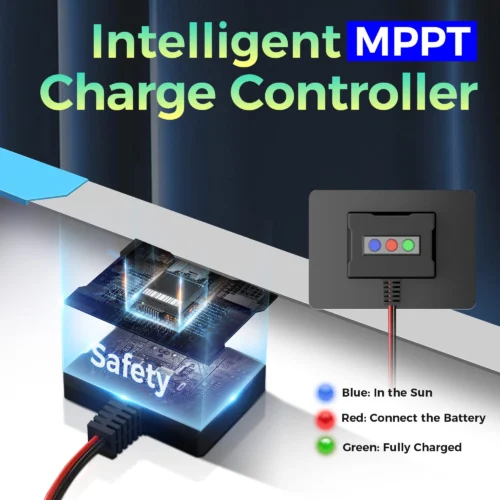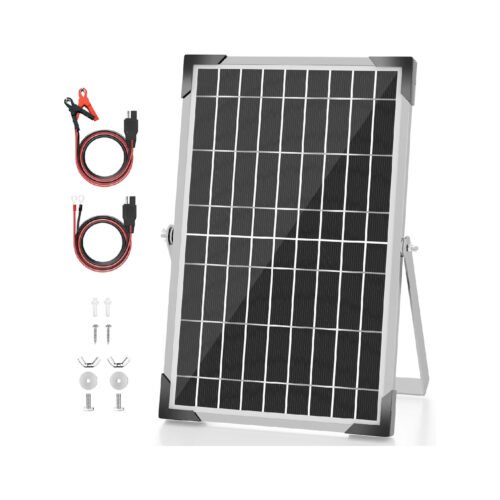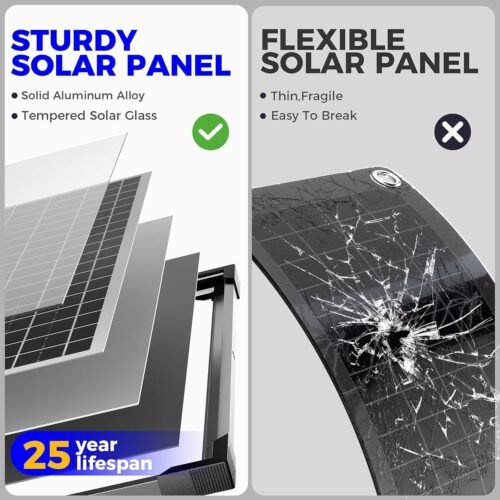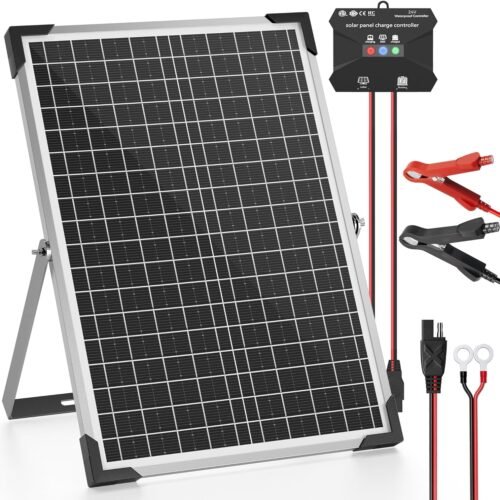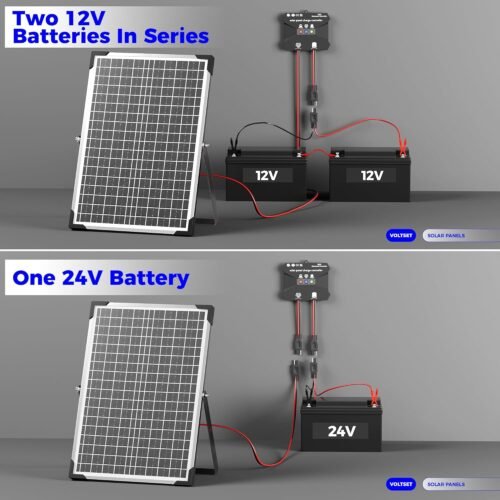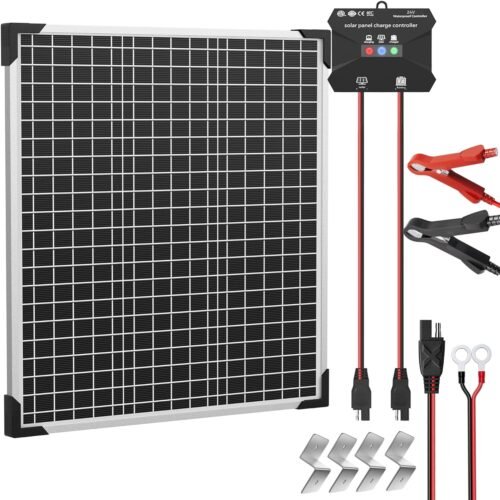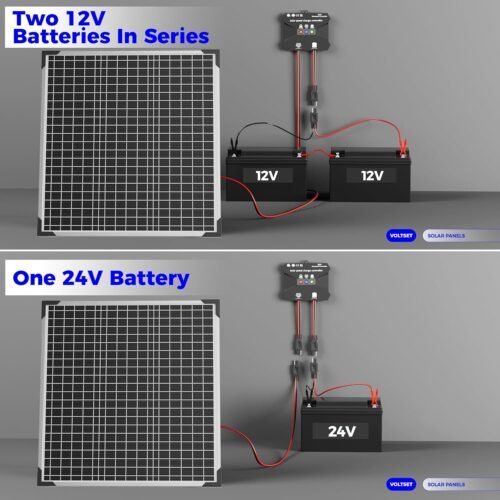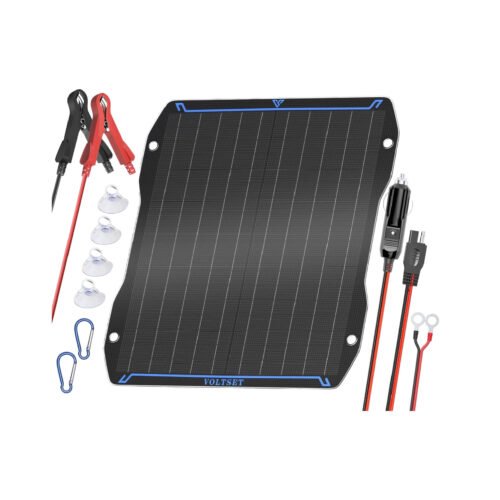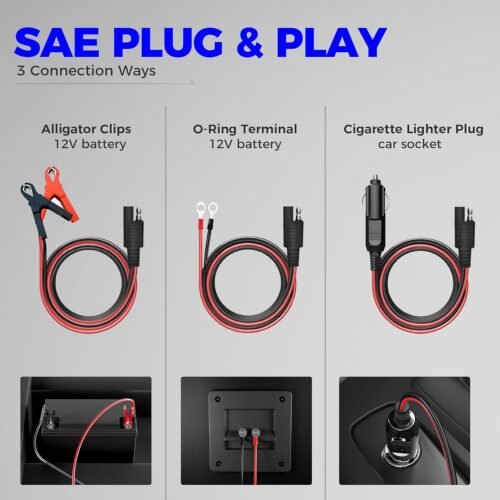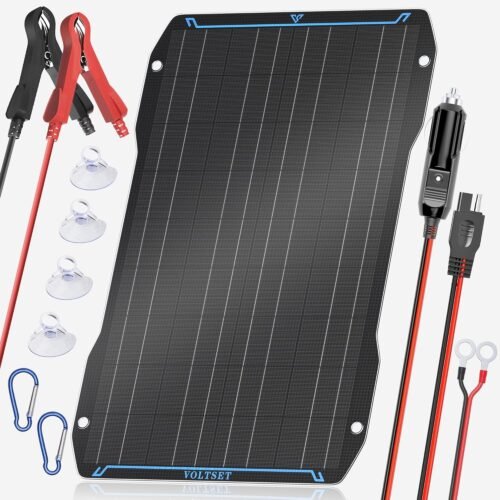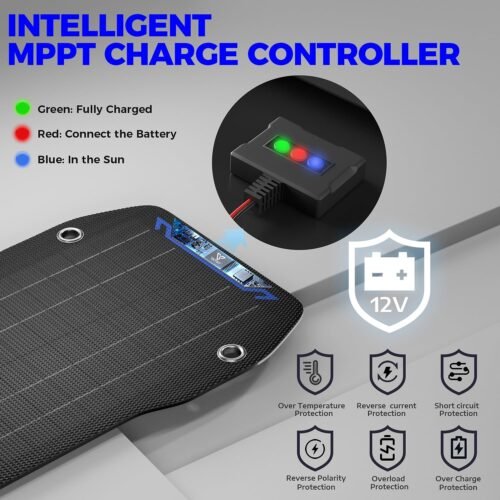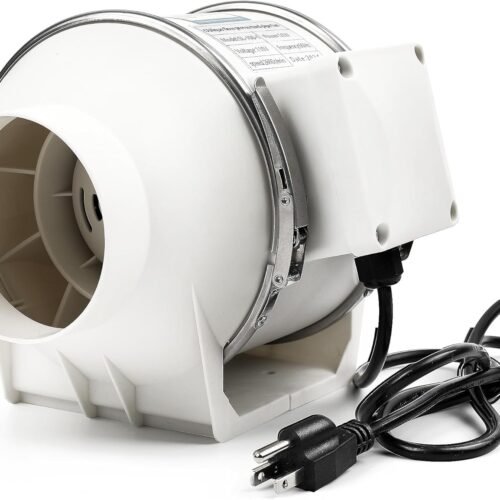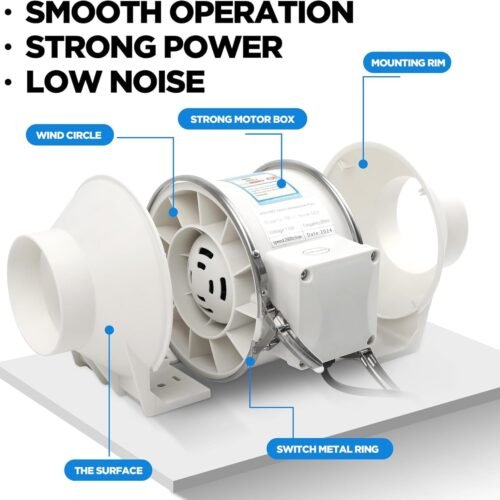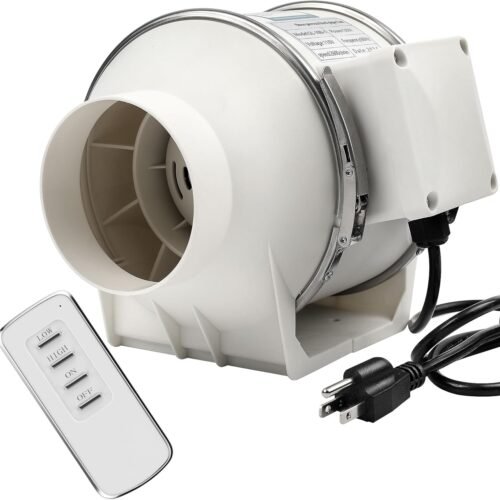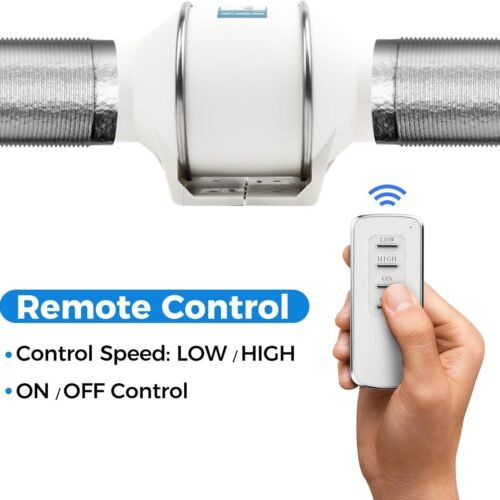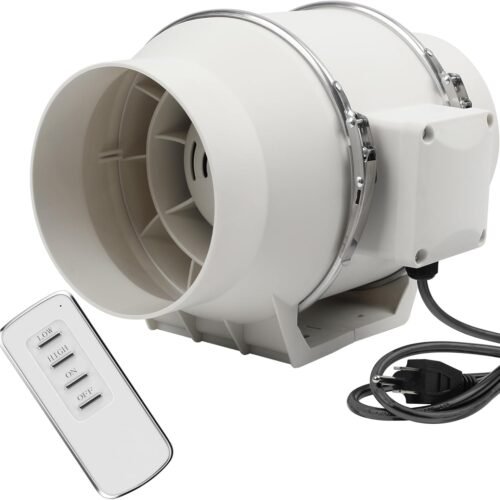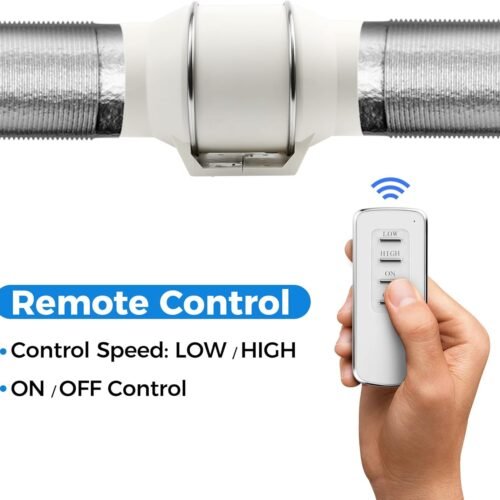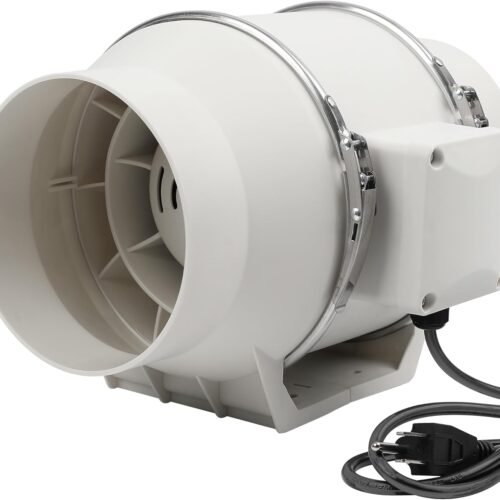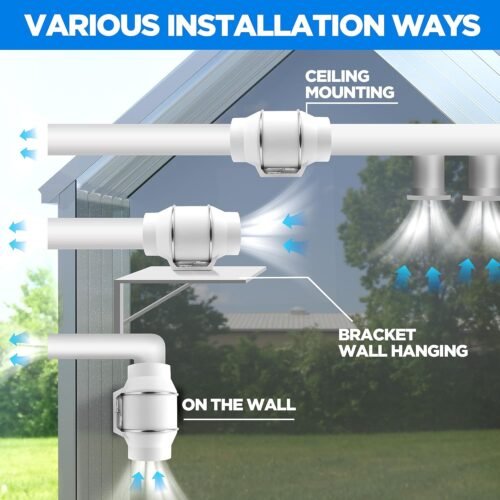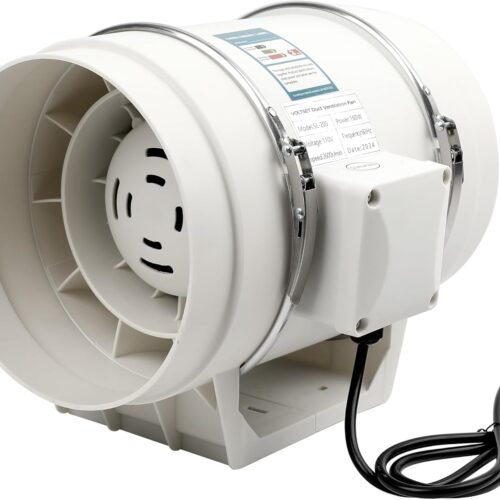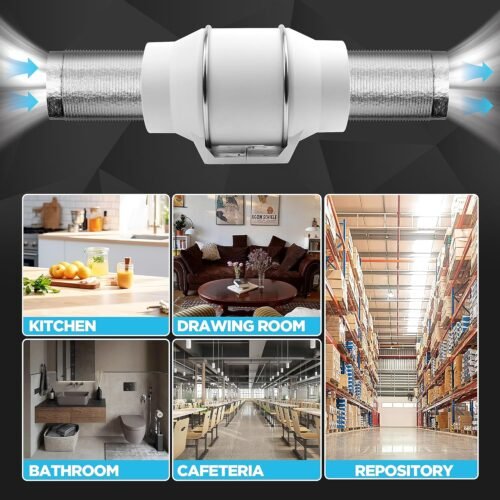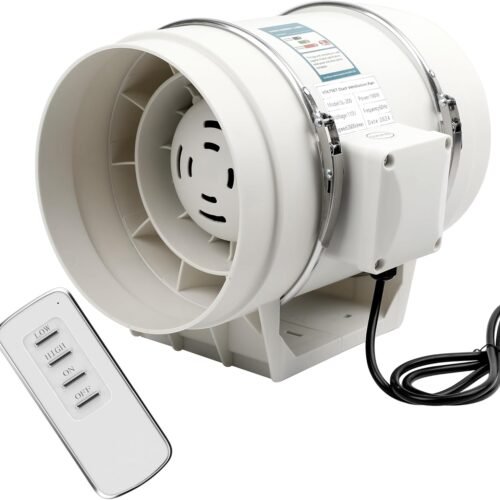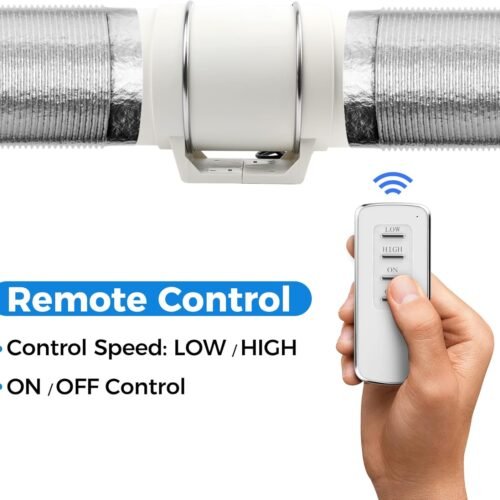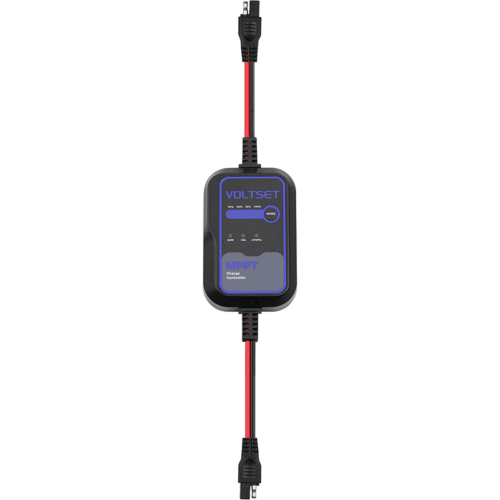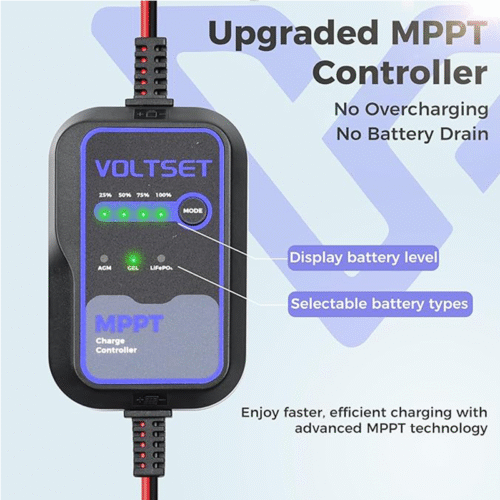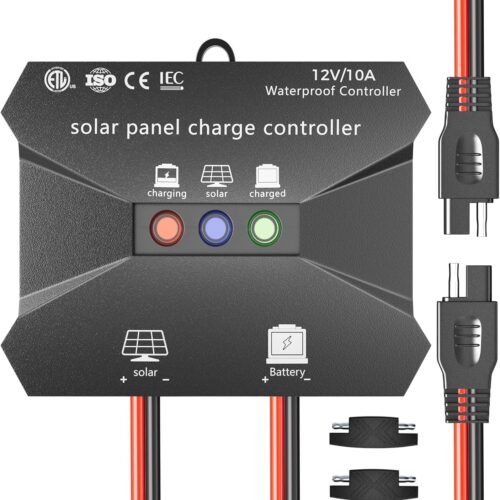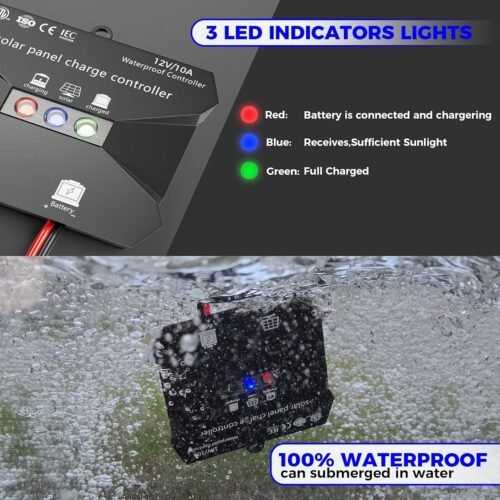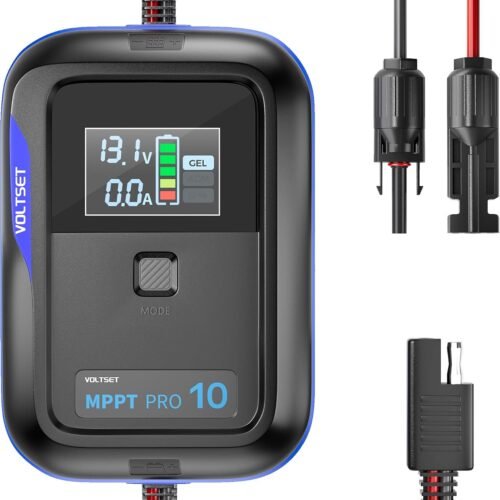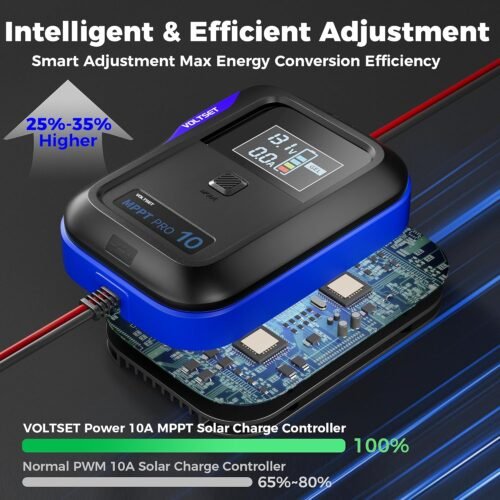100W Panel Specifications | A Great Solar Panel | VOLTSET

Solar panels now fit every power need. From big homes to tiny weekend setups. The 100W panel leads small solar builds. It powers lights fans phones and more. You find it in RVs boats and vans. Also in cabins campsites and solar kits. Let us look deep at 100W panel specifications. It works well for off-grid daily use. Easy to set up on any flat surface. No noise No fuel Just pure sunlight. It fits backpacks trunks and trailer tops. Charge small tools without power from the grid.
Use it at farms hills or quiet beaches. It pairs well with power banks or stations. Perfect for day trips or weekend escapes. It lasts long with zero running cost. 100W panel specifications are sufficient to run your day to day small appliances. A smart step toward clean energy living. You will learn what matters before buying.
What Is a 100W Solar Panel?
It is a small lightweight solar panel. It produces up to 100 watts per hour. This means 100 watts under full sunlight. It runs small devices or charges batteries. It works well in both mobile and fixed setups. Great for travelers hikers or solo campers. You can use it with power stations too. Or connect it to 12V battery setups.
100W Panel Specifications
100W Panel Specifications are as under:
-
Power Output: 100 watts max
-
Voltage (Vmp): 18V to 22V
-
Current (Imp): 5A to 6A
-
Open Circuit Voltage (Voc): 21V to 24V
-
Short Circuit Current (Isc): 5.5A to 6.5A
-
Panel Type: Monocrystalline or Polycrystalline
-
Efficiency: 18% to 22%
-
Size: Around 35 x 25 inches
-
Weight: 4kg to 8kg
-
Frame: Aluminum or flexible plastic
-
Connectors: MC4 or bare wires
-
Use: 12V battery charging and small devices
-
Best For: RVs boats vans and camping setups
-
Mounting: Fixed or portable flat surface mount
-
Weatherproof: Yes with IP65 or higher rating
100W Solar Panel Output
Solar output is the key to power. Thus, it is important to know the 100W Panel Specifications. A 100W panel gives max 100 watts. That is under clear direct sunlight only. Real output varies with weather and tilt. On average expect 70 to 90 watts. That is still great for small setups. You get more if you pair two panels. Double output means more charge per hour.
100W Solar Panel Voltage
When it comes to 100W Panel Specifications, most 100W panels give 18 to 22 volts. This fits 12V battery charging needs well. Some panels are made for 24V use too. But most portable ones are 12V rated. Check the open circuit voltage (Voc) first. That shows the panel’s top possible voltage. Also check Vmp for working power output. This is voltage during full sun use.
100W Solar Panel Current (Amps)
Amps show how fast power flows out. 100W panels often give 5 to 6 amps. This is Imp or current at max power. It helps match with your charge controller. Open current (Isc) is usually higher. That shows short burst flow under sun. Pick a controller that handles this range and the other 100W Panel Specifications. Go higher to keep the system safe.
 Solar Panel Efficiency of 100W Panel Specifications
Solar Panel Efficiency of 100W Panel Specifications
Efficiency shows how well sunlight becomes power. Most 100W panels offer 18% to 22% efficiency. Higher numbers mean more power in less space. Monocrystalline panels are top for efficiency today. They give more watts per square foot used. Also perform better in shade or cloud cover. Poly panels are cheaper but less efficient. Flexible panels bend but may lower watt output when it comes to 100W Panel Specifications.
Panel Size and Weight
100W Panel Specifications in size also matter. Size affects where you can place it. Most 100W panels are 35 x 25 inches. They are thin flat and easy to move. Weight ranges from 4kg to 8kg max. Rigid panels are heavier and last longer. Flexible ones are lighter but less strong. Pick based on your space and use case. For travel go light For roof go strong.
Build Quality and Frame
Rigid panels use glass and metal frame. They resist wind dust and water better. They mount well on RV roofs and homes. Frames often come in aluminum or alloy. Flexible panels use plastic and thin layers. They bend but need smooth clean mounting. Look for waterproof and anti-scratch features. They extend lifespan in harsh outdoor use.
Connection Type and Cables
In 100W Panel Specifications, they usually come with MC4 or bare wire ends. MC4 makes it easy to plug and go. You can chain more panels in seconds. Most kits include cable and fuse connectors. Wire gauge matters for longer distances too. Thicker wires lose less power over length. Pre-wired kits are best for new users. You get plug-ready gear out of the box.
Charge Controller Match
You need a controller between panel and battery to handle 100W Panel Specifications. It keeps voltage and amps in safe range. Two types exist PWM and MPPT types. MPPT gives better output in all weather. For 100W panels PWM works in most cases. But MPPT boosts power on cloudy days. Make sure controller supports panel specs well. Check input voltage and current limits first.
Battery and Inverter Setup
100W Panel Specifications includes the effect that 100W panels charge 12V batteries slowly. They take 5 to 7 hours for full charge. They run small inverters up to 150W max. That means laptops lights phones and fans. Do not run fridges or big tools directly. Those need larger panels or more units. You can pair four panels for bigger loads. Use a solar generator to store the power.
How Much Can a 100W Panel Run?
In 100W Panel Specifications, it can run a phone 10 times daily. It runs a fan for five to six hours. You can charge lights LED strips or radios. Great for laptops GPS and power banks too. It can top up a car battery slowly. Also supports WiFi routers or camera kits. You can even run a small water pump. Just check watt ratings before use always.
 Best Use Cases for 100W Panel Specifications
Best Use Cases for 100W Panel Specifications
100W Panel Specifications are perfect for weekend campers and overlanders. Also good for van life or car camping. Boat owners love it for anchor power use.a Hikers use folding ones for trail charging. Off-grid cabins can start with one panel. Remote workers charge gear in silent spots. It is light enough to move by hand. Yet strong enough to power daily use.
What to Check Before You Buy
Always check that 100W Panel Specifications match your needs. Look at voltage current and real watt output. Check build material frame type and weight. Make sure it fits your roof or space. Look for warranty and outdoor ratings too. IP65 or higher is best for wet zones. Check cable type length and plug fit. Also review the user guide or datasheet. A great 100w panel is VoltSet 100W 12V Portable Solar Panel
Is a 100W Panel Specifications Enough?
100W Panel Specifications depends on what gear you run. One panel runs basic devices only daily. For fridges or TVs you need more. Start with one and test your load. Add more panels as your use grows. Or pair with a small power station. Most people find 100W a great start. It fits low use and backup needs well.
Conclusion
100W solar panels specifications offer power and freedom. They are small fast light and easy to use. You can carry them almost anywhere today. They charge batteries and keep gear running. Always check specs before buying a panel. Match output to your battery and gear size. Watch for voltage current and frame type. Read reviews and inspect factory data sheet. Use a charge controller for safe charging. Keep wires thick and cable runs short. With the right 100W panel setup works. You get power wherever the sun shines from 100W Panel Specifications.
FAQs
What are 100W Panel Specifications?
100W Panel Specifications offer Power Output: 100 watts max. Voltage (Vmp): 18V to 22V. Current (Imp): 5A to 6A. Open Circuit Voltage (Voc): 21V to 24V and Short Circuit Current (Isc): 5.5A to 6.5A.
Can a 100W panel charge a 12V battery?
Yes It is made for 12V battery charging.
How long to charge a phone fully with 100W Panel Specifications?
Around one hour using a solar power bank.
Can I run a fridge with 100W panel?
No It needs more wattage and bigger battery.
What size inverter can I use?
Up to 150W inverter for safe operation.
Does weather affect panel performance?
Yes Cloud shade and tilt reduce output greatly.
What charge controller is best for 100W Panel Specifications?
Use MPPT for better output in all light with 100W Panel Specifications.
Can I connect two 100W panels together?
Yes Use MC4 Y connectors to join panels safely.

